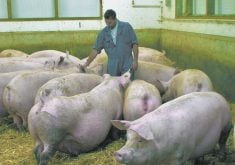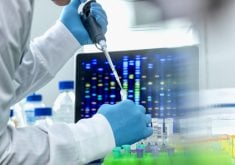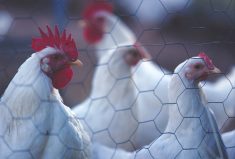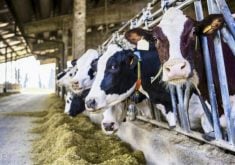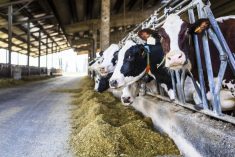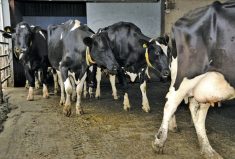Heat stress during dairy cows’ dry period impairs overall mammary gland turnover during that period and that results in lower milk production and productivity in the next lactation.
Researchers from the University of Florida recently published the results of their study on the subject in the Journal of Dairy Science.
It’s no secret that heat stress during the dry period has an effect on milk yield in the following lactation. However, the effect of heat stress on the mammary gland had not been well understood.
Read Also
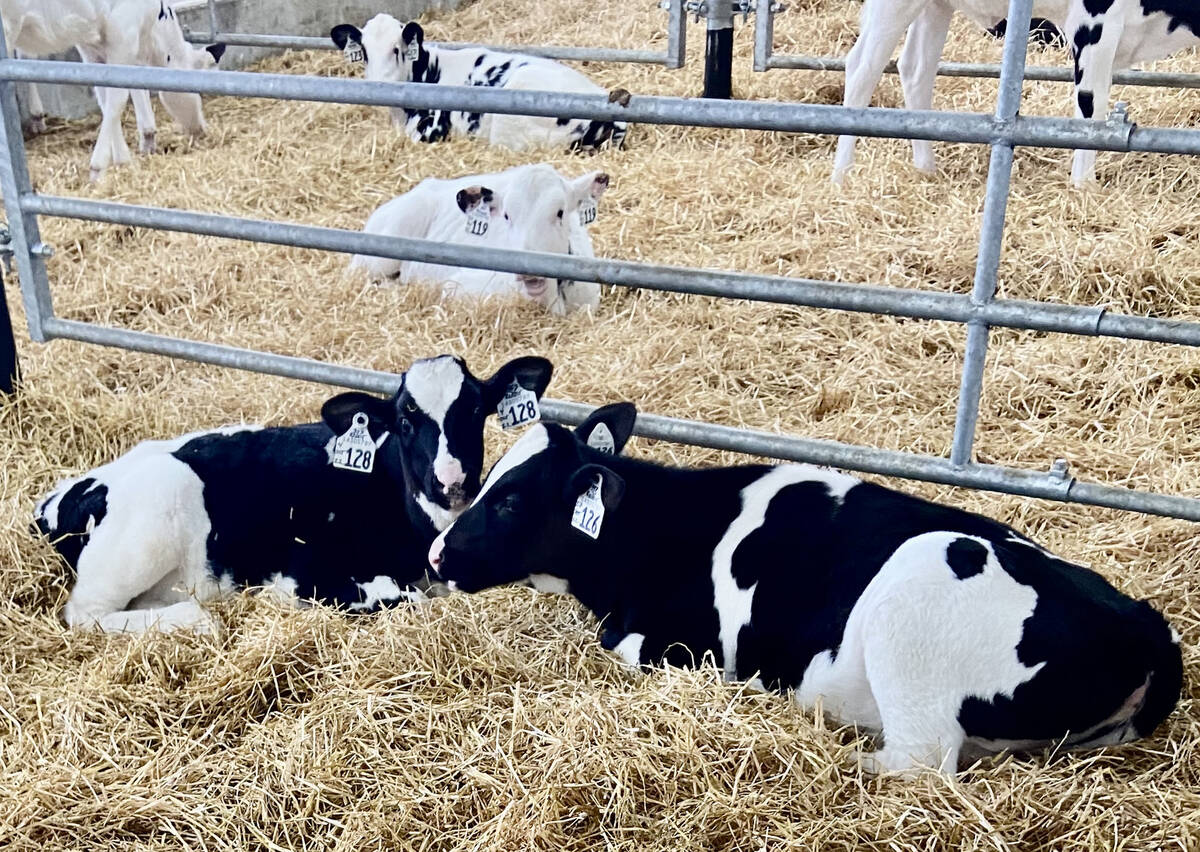
Back to the drawing board for sexed semen fertility ratings
Lactanet, the national genetic evaluation and dairy data provider, goes back to the drawing board with its sexed semen fertility rating index prototype.
The research, which involved six researchers at the University of Florida, looked at cows dried off at 45 days pre-calving. Cows were either assigned to a heat stress or cooling group during the first 21 days of the dry period.
They were then switched or the treatments continued, resulting in four groups in the study.
The mammary systems of the cows were biopsied at various points to look at gene expression. The researchers counted mammary alveoli number and connective tissue in order to look at the way the mammary systems changed during different levels of heat stress during the dry period.
During the early dry period, cows exposed to heat stress had reduced mammary and stroma cell apoptosis — the natural dying off of cells after dry-off — and proliferation relative to those on the cooling treatment.
In addition to these findings, cows exposed to heat stress had lower connective tissue three days after dry-off relative to those which were cooled.
However, in the late dry period, cows exposed to heat stress through the entire dry period, had higher connective tissue relative to those that were cooled through the dry period. Also, in the early dry period, cows exposed to heat stress had greater alveoli numbers relative to cooled cows, and heat stress decreased expression of genes related to autophagy and mammary cell death in the early dry period, consistent with a delay in involution with heat stress.
Therefore, cows exposed to heat stress had extended shrinking of the mammary glands, with delayed cell death and signaling related to body’s cleaning out of damaged cells.
Heat stress compromises mammary gland cell proliferation and leads to higher connective tissue later in the dry period and that results in lower milk production in the following lactation.



